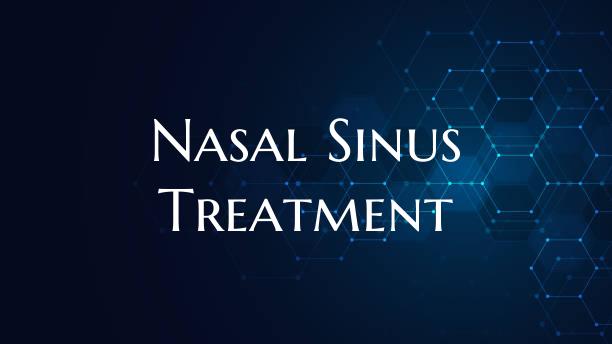
Nasal Sinus Treatment
Nasal sinus treatment involves various methods to address issues related to the nasal passages and sinuses. These problems can range from congestion and allergies to infections and sinusitis. Here are some common treatments that are used to provide relief and improve sinus health:
1. Nasal Irrigation: This involves flushing out the nasal passages with a saline solution to remove mucus and allergens. Neti pots, squeeze bottles, and nasal sprays can be used for nasal irrigation.
2. Decongestants: Over-the-counter nasal decongestant sprays or oral medications can help reduce nasal congestion and swelling of the sinus tissues. It's important to follow the dosage instructions carefully to avoid rebound congestion.
3. Antihistamines: For those with allergies, antihistamines can help alleviate symptoms like sneezing, itching, and nasal congestion. These medications work by blocking the release of histamine, which is responsible for allergic reactions.
4. Steroid nasal sprays: Prescription or over-the-counter steroid nasal sprays can help reduce inflammation in the nasal passages and sinuses. They are commonly used to treat conditions like allergic rhinitis and sinusitis.
5. Antibiotics: If a bacterial infection is causing sinus issues, antibiotics may be prescribed to clear the infection. It's important to take the full course of antibiotics as directed by a healthcare provider.
6. Sinus Surgery: In cases of chronic sinusitis or structural issues in the nasal passages, surgery may be recommended. Procedures like endoscopic sinus surgery can help improve sinus drainage and alleviate symptoms.
7. Allergy Shots: For severe allergies that contribute to sinus problems, allergen immunotherapy, commonly known as allergy shots, can help desensitize the immune system and reduce allergic reactions over time.
8. Home Remedies: In addition to medical treatments, certain home remedies like steam inhalation, warm compresses, and staying hydrated can provide relief from nasal congestion and sinus pressure.
Before starting any treatment for nasal sinus issues, it's important to consult with a healthcare provider to determine the underlying cause of the symptoms and develop a personalized treatment plan. Proper diagnosis and management can help improve quality of life and prevent recurring sinus problems.